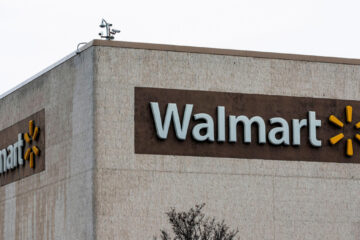Don’t bet on it, even as the Fed raises rates. Banks are full of cash, thanks largely to government stimulus programs.
With the Federal Reserve poised to raise interest rates next month, are you expecting the interest rate on your checking and/or savings account to increase at your bank?
If so, you might want to rethink that. “Banks have little incentive to raise the interest they pay on deposits because they simply don’t need the money,” The Wall Street Journal states.
Companies and individuals received plenty of money from the government in reaction to the Covid pandemic, and they put much of that money into their bank accounts. So it’s no wonder that deposits at U.S. commercial banks have surged 36% to $18.1 trillion from $13.3 trillion as of Jan. 1 2020, prior to the pandemic, The Journal reports.
Banks make money by lending money at higher rates than they borrow it. So they have plenty of incentives to keep deposit rates down.
Bank loan volume sagged during the height of the pandemic, but now it’s rebounding. So banks will likely seek to take advantage of that and raise their rates on loans in tandem with Fed rate hikes.
Many experts view JPMorgan Chase (JPM) – Get JPMorgan Chase & Co. Report as the strongest big U.S. bank. Morningstar analyst Eric Compton is impressed. “With leading investment bank, commercial bank, credit card, retail bank, and asset and wealth management franchises,” JPMorgan is truly a force to be reckoned with, he wrote in a commentary last month.
“The bank’s combination of scale, diversification, and sound risk management seems like a simple path to competitive advantage, but few other firms have been able to execute a similar strategy.”
But Compton puts fair value for the stock at $152, compared to its recent quote of $157.70.


